Here For You Every Step of the Way
Our support services are designed to create a holistic care experience, recognizing that every aspect of a family's life can be impacted by a child's medical needs. Whether it’s connecting you with financial assistance resources, offering emotional and spiritual support, or providing developmental and educational guidance, we are here to help you navigate these challenges. Our goal is to ensure that you and your family feel supported and cared for throughout your entire journey with us.
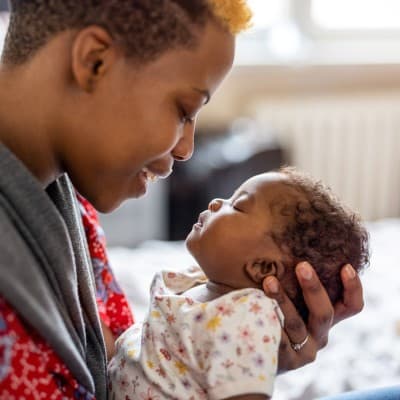
Breastfeeding Support
Children's Nebraska offers breastfeeding support with certified lactation consultants, private pump rooms and a milk depot for donating or receiving breast milk, ensuring all babies receive the nutrition they need.
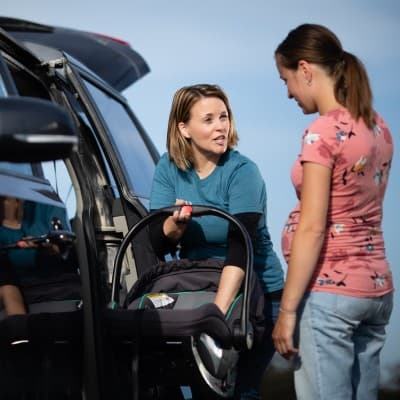
Car Seat Fittings
Children's Nebraska offers in-person car seat checks to ensure every child is safely secured. Schedule an appointment at our fitting station or attend a local event to learn best practices in child safety.
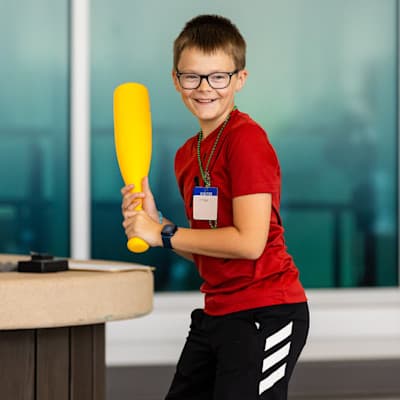
Child Life
At Children’s Nebraska, our caring Child Life specialists support your family every step of the way. They address the emotional and developmental aspects of your child’s hospital visit, understanding the unique needs of pediatric patients and their families.
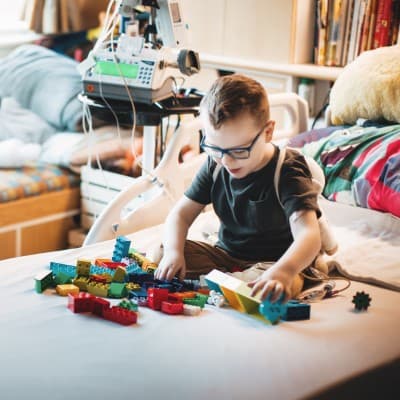
Educational Support
If your child will miss school due to a long hospital stay, our Educational Support team is here to offer personalized support. Our certified teachers will keep your child's learning on track and make their experience as seamless as possible.
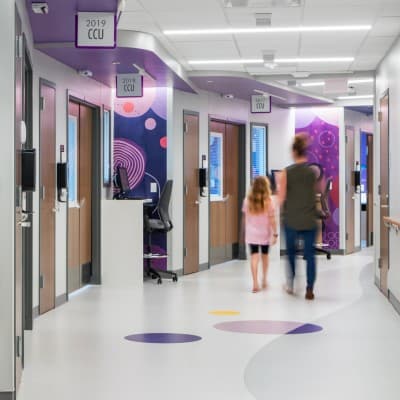
Guest Relations
At Children’s Nebraska, we aim to provide the best experience possible. We’re dedicated to meeting not just your medical needs but also those little things that help make your visit smooth and comfortable.

Human Milk & Formula Lab
Ensuring safe, fresh, and nutritious milk handling for your baby's optimal health.
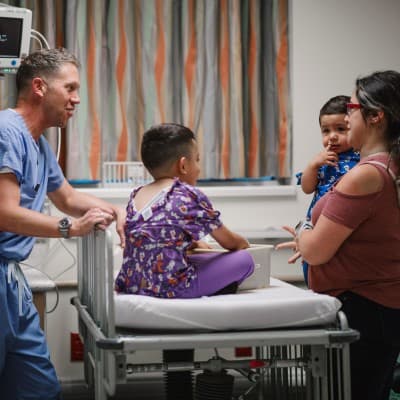
Interpreter Services
Interpreter Services at Children’s will provide on-site assistance. If an on-site interpreter is not available, we will provide access to telephone and/or video remote interpreting (VRI).
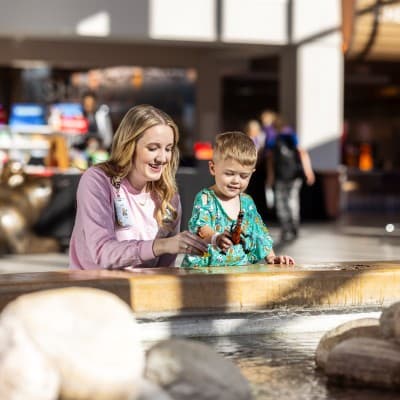
PATCH Program
The Patient Assistance Team at Children’s Nebraska (PATCH) is a program that helps us improve the hospital experience for a child with autism spectrum disorder or other developmental, neurological and behavioral challenges. We work with parents to create individualized adaptive care plans unique to their child that is based on their communication needs, sensory differences and past healthcare experiences.
Project Austin
Project Austin works with local EMS and emergency departments to provide continuity of care for children with complex medical conditions.
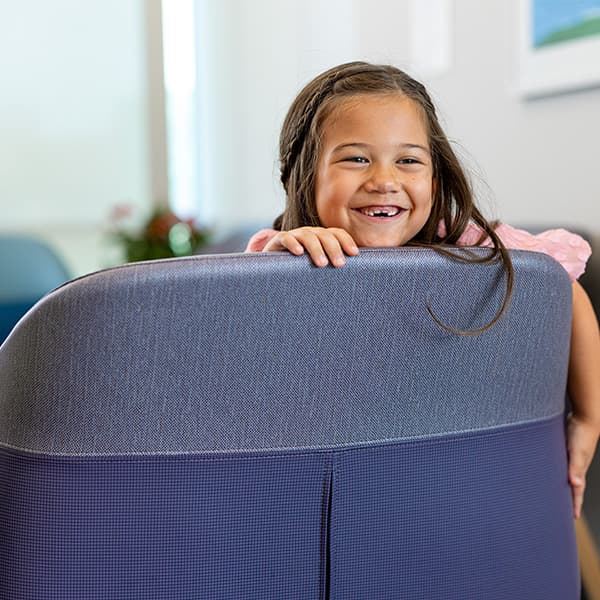
Nurse Case Management
Our Nurse Case Management team helps you navigate your child’s care, coordinate medical needs and provides advocacy and support throughout your child’s healthcare journey.
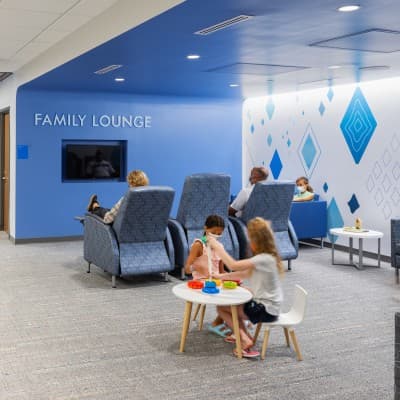
Sibling Support
When a brother or sister is in the hospital, siblings can sometimes feel overlooked. To ensure they feel heard, our Child Life specialists at Children’s Nebraska offer dedicated support for siblings alongside our care for pediatric patients.
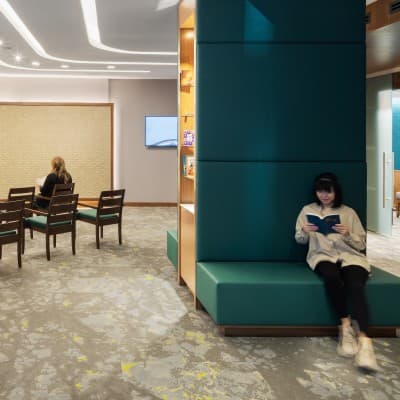
Spiritual Care
Our clinically trained pastoral care staff is available 24/7 to respond to spiritual, religious, or emotional challenges you may experience during your child’s hospital visit. Regardless of your faith background, our goal is to help you find peace and hope during a difficult time.
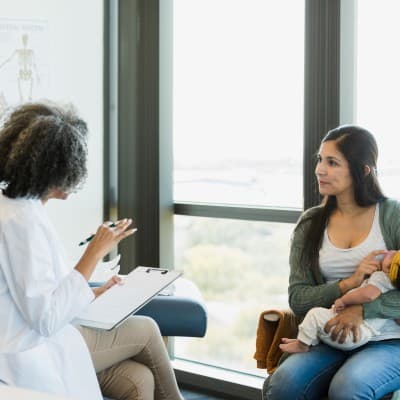
Speak Up!
When you have a concern, please speak up. If you don’t understand your child’s condition, test results, care or treatment plan, ask us. We want your child’s experience to be a positive one.
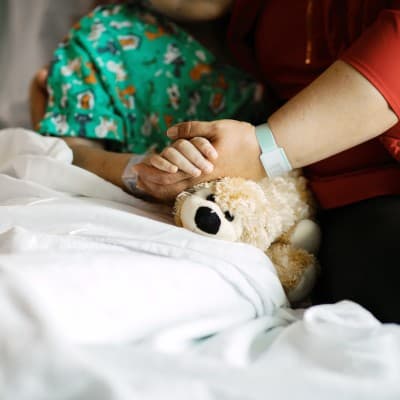
Social Work
Our compassionate medical social work team provides patients and families with helpful resources to cope and succeed in the face of a diagnosis or health issues.
